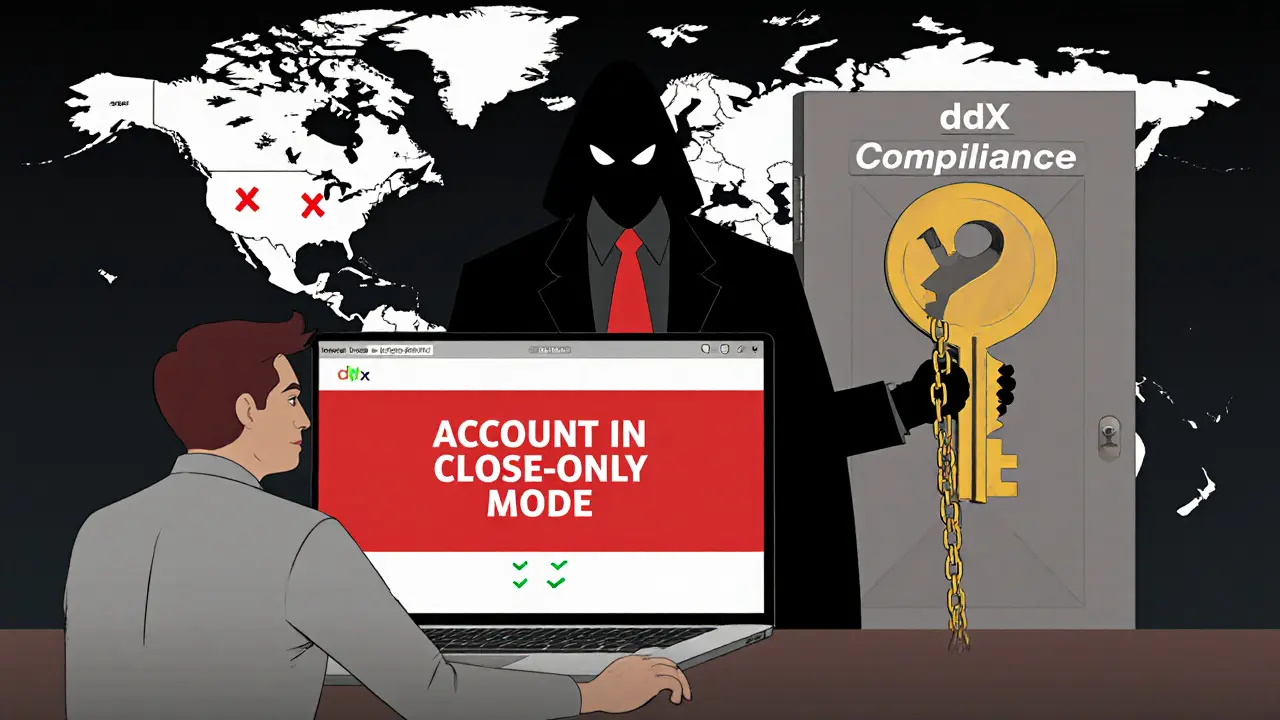Decentralized Exchange Geoblocking: Why You Can't Access Some DEXs and What It Means
When you try to use a decentralized exchange, a peer-to-peer crypto trading platform that doesn’t hold your funds. Also known as DEX, it lets you trade directly from your wallet without a middleman. But if you’re in Vietnam, China, or even parts of the EU, you might get blocked before you even see a trading screen. That’s geoblocking—and it’s becoming the new normal in crypto.
Geoblocking isn’t a glitch. It’s a deliberate move by DEX teams to avoid legal trouble. When countries like Vietnam fine businesses up to 200 million VND for accepting crypto payments, or South Korea locks out foreigners from real-name bank accounts, DEXs don’t have a choice. They either block users or risk being shut down. The same thing happened with centralized exchanges like Binance and OKX. Now, even open-source DEXs like Uniswap or Curve have started using IP detection to restrict access. It’s not about security—it’s about compliance.
This isn’t just about access. It’s about control. When your country bans crypto, your wallet becomes a target. If you’re in China, using any exchange—even a DEX—is illegal. In the Philippines, $150 million in crypto assets got frozen because exchanges weren’t licensed. DEXs that don’t geoblock could end up being dragged into those crackdowns. So they preemptively cut off users, even if those users aren’t breaking any laws. It’s a sad trade-off: safety for the platform, silence for the user.
But geoblocking doesn’t stop people. It just pushes them into riskier corners. VPNs, proxy servers, and burner wallets become the norm. And that’s where scams thrive. Fake airdrops like the ones pretending to be from 1MillionNFTs or Landshare X CMC often target users who can’t access real platforms. They promise access to banned DEXs—then steal your keys. The irony? The very tool meant to bypass censorship becomes a trap.
What’s next? More countries will follow. The EU’s MiCA rules force DEXs to collect KYC data. Nigeria’s SEC wants mining licenses. Korea demands real-name bank accounts. These aren’t isolated cases—they’re a blueprint. Decentralized exchanges were supposed to be free from borders. But as regulators catch up, they’re becoming just as restricted as the banks they replaced.
You’ll find posts here that show you exactly where geoblocking hits hardest—like Vietnam’s crypto fines, Korea’s banking locks, and China’s total ban. You’ll also see how failed DEXs like Cybex died because they didn’t adapt to these pressures. And you’ll learn how to spot the difference between a real DEX and a scam pretending to be one. This isn’t about bypassing rules. It’s about understanding them—so you don’t lose your crypto to a system you didn’t even know was watching.
